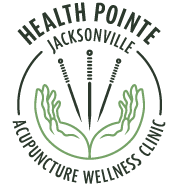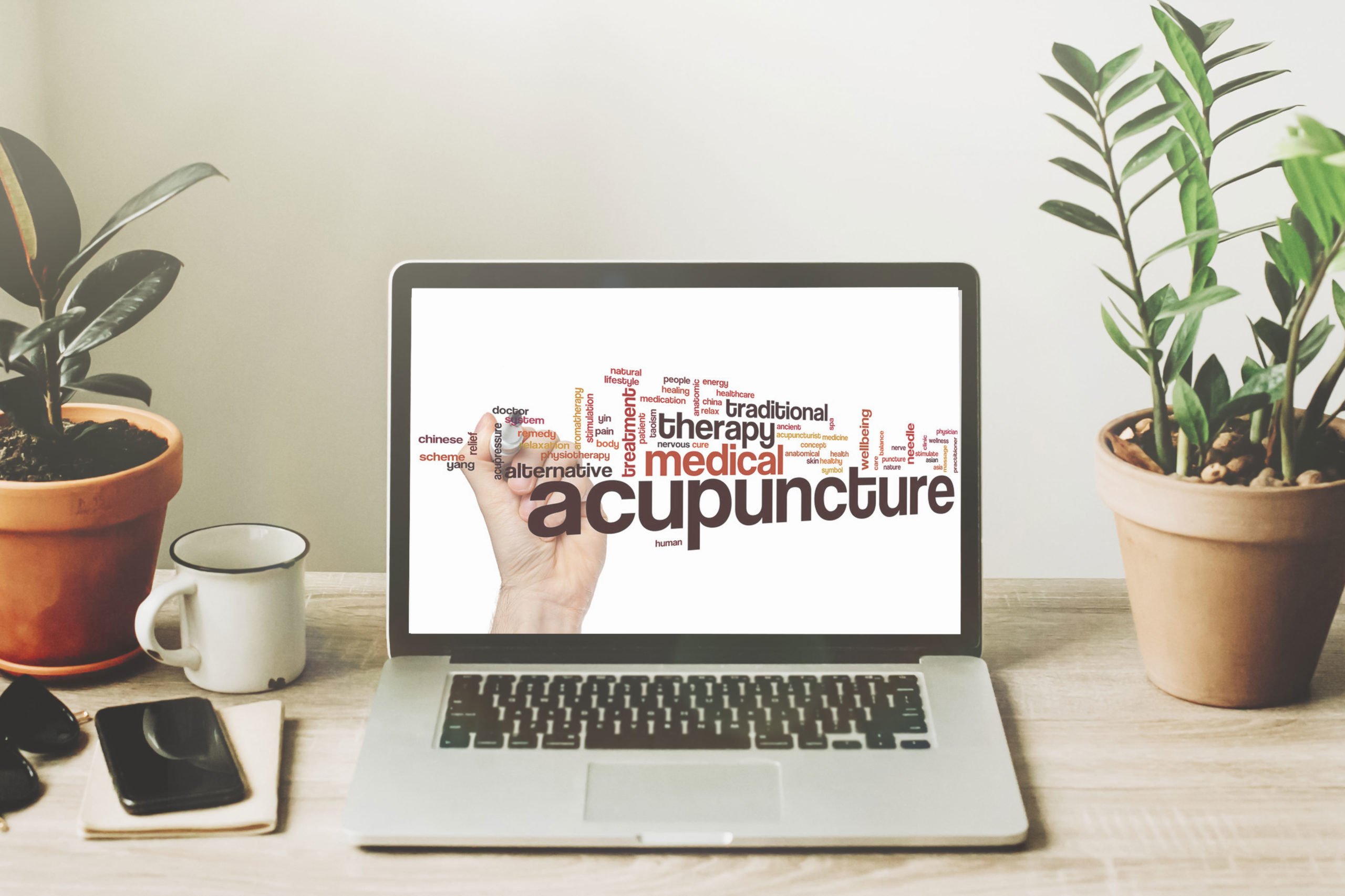If you are looking to grow your family, here are key aspects to improving your fertility.
Having healthy uterine lining is essential to your fertility. It is where the embryo implants at the start of a pregnancy, and is what nourishes the growth and development of your baby throughout your pregnancy!
The thickness and quality of your endometrium plays a big part in the success of your fertility, whether natural conception or with IVF, as well as the ability to carry your baby to term. An overly thin uterine lining will not be able to sustain embryo implantation or provide the key nutrients necessary for proper development.
What does a “healthy uterine lining” look like?
The endometrium is a layer of the uterus that thickens in preparation of implantation of a fertilized embryo. It is the same layer that is shed during menstruation, if you haven’t conceived. Estrogen is responsible for creating a thick, lush and blood-rich endometrium. If estrogen levels are too low, or blood flow inadequate then the lining will remain thin.
- 8-12mm thick at mid-cycle, measured by an ultrasound
- Evenly distributed
- Good blood flow
- Promotes implantation
- Supports a healthy pregnancy
If you are unsure of the health of your uterine lining, here are some common symptoms associated with having a thin uterine lining:
- Painful periods
- Scanty periods
- Clots in menstrual blood
- Thin lining as measured by an ultrasound
- Poor implantation of embryos
- Recurring pregnancy loss
- Pregnancy complications
What causes thin uterine lining?
There are several factors that may lead to a thin uterine lining:
- Structural abnormalities, such as uterine fibroids and scar tissue prohibit natural blood flow
- Stress causes insufficient blood flow
- Nutritional deficiencies such as lack of iron, or simply not getting enough nutrient dense foods in your daily life.
- Reduced estrogen levels either naturally or due to prolonged BCP use
- Excessive Clomid use. Clomid is a prescription medication used to stimulate ovulation. However, it also blocks estrogen receptors which affects how much estrogen can reach the uterus to build the endometrium. Use of Clomid for longer than 6 months can cause thinning of the lining.
Here are some key strategies that may be helpful for you if you are struggling with conception:
- Acupuncture: Fertility Acupuncture is used to improve follicular growth, increase blood flow to the uterus and ovaries thereby supporting proper uterine lining and egg maturation, as well as embryo implantation and is supported by loads of research. Multiple studies have shown a statistically significant increase in pregnancy rates with acupuncture before embryo transfer and the day of transfer. In another study, acupuncture was shown to improve the poor receptive state of the endometrium by promoting LIF and IL-12 secretions to improve blastocyst implantation.
- Stress reduction: Having reduced stress levels, keeps the uterine artery open and flowing. The more stress you experience (or respond to) the tighter everything becomes. Relax, try meditation, do some yoga and deep abdominal breathing daily.
- Vitamin E: A 2017 study showed that 12 weeks of lose-dose vitamin E supplementation in women with poor implantation rates increased endometrial thickness by 2mm and decreased inflammatory cytokines. While some foods are rich in Vitamin E (avocados, nuts, and seeds), women with thin endometrial linings benefit most from 500-700 mg daily supplementation
- L Arginine: A pilot study in 2010 used high dose L- arginine to increase endometrial thickness and pelvic blood flow. Foods heavy in L-arginine are red meats, fish, soy, whole grains, beans, and dairy
- CoQ10: This antioxidant can help reduce oxidative stress in the tissues, which has great benefits for the endometrium as well as growing healthy follicles.
- Rest: Sleeping has a direct effect on reproductive hormones and causes them to be properly balanced. Getting enough sleep can improve endometrial thickness. You need at least 7 hours of sleep a day to allow your body to recover and promote the optimal growth of tissue.
- Exercise: 30 minutes regular exercise is recommended to improve endometrial thickness because it improves blood circulation and increases blood supply to the uterus
- Castor Oil packs: applied to the abdomen only during the follicular phase (cycle days 5-14) helps increase blood flow to the ovaries and womb
- Keep your body warm: this improves healthy blood flow which boosts the uterine lining. In addition to exercising, consuming warm foods and beverages also helps to keep your body warm. Avoiding all “iced” drinks (tea, coffee, water) and minimizing cold raw foods is important when trying to conceive. And keep those feet covered too, especially in the winter months!
- Proper nutrition: According to Chinese medicine, the food you eat can help or hinder blood flow to the uterus and reproductive organs. You should be eating food rich in iron that nourish the blood. These include beets, spinach, beans, organic grass-finished red meat, pumpkin seeds, molasses, and asparagus. Also, make sure to also include foods that help the absorption of iron, such as oranges, strawberries, broccoli, tomatoes, and green pepper. Consume more blood-invigorating foods during your period such as fish, ginger, cinnamon, and turmeric.
If you, or someone you know, are struggling with fertility please know you are not alone. And if you live in the Jacksonville area, we would love to work with you!



About The Author: Julee Miller
More posts by Julee Miller